In matters of caring for a child, a special place is occupied by the topic of caring for teeth and oral cavity. Parents always have a lot of questions: do I need to brush milk teeth? When to start brushing your teeth? What hygiene products are suitable for the smallest, and which ones are for older children? So that mothers do not have to wait for a dentist's consultation in the clinic, we will try to give answers to the most important questions.
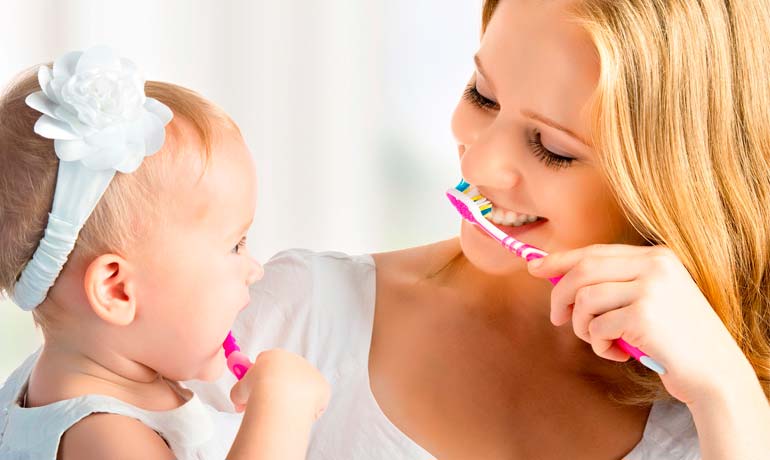
Why does the baby brush his teeth?
In the parental environment, you can find the opinion that milk teeth do not need to be looked after - they will still change. This opinion is erroneous, and a small child still needs to brush his teeth. The fact is that the enamel of milk teeth is very weak, so caries affects it very easily. The risk of developing caries is also not related to the type of food: even if the baby is not yet fed, his teeth may suffer, because both mother's breast milk and milk formula contain sugar.
Teeth affected by caries can become a source of infection, which can spread throughout the body in a descending manner and cause serious diseases from sore throat to pyelonephritis.
Acquaintance with dentists at an early age is unlikely to please the baby, and neglected caries is a toothache, exclusion of a diseased tooth from the chewing process (which means that the child will not be able to chew food properly), and in the worst case, tooth extraction. By the way, it is extremely undesirable to remove milk teeth before their natural change. This can disrupt the process of bite formation, lead to speech defects or the distortion of permanent teeth. In order to prevent such serious consequences, care for milk teeth should be mandatory.
Video Tips for Parents on Teaching a Child to Brush Teeth
When to start dental care?
It is difficult to name the specific age at which to start looking after your teeth. The fact is that you need to brush your teeth from the moment they appear, and this process is very individual. On average, the first tooth appears in the mouth at the age of 6 months, but some babies acquire their teeth earlier, and some only delight parents with this event by the year. A tooth is considered erupted, at least one top of which appears from the gum. True, caring for him during this period is twofold: on the one hand, during teething, local immunity of the oral cavity decreases, and there is a high risk of catching an infection. On the other hand, the gums are inflamed, a real wound forms around the cutting tooth, so brushing can be very painful for the child.
We also read: how many months does the child have their first teeth
Some dentists are of the opinion that oral care should be started without waiting for the first teeth. Firstly, even in the absence of teeth in the mouth and complementary foods in the diet, microorganisms accumulate on the mucosa, which can cause such unpleasant diseases as stomatitis, gingivitis, candidiasis. Secondly, the early start of oral care helps to develop a hygiene habit, and the toothbrush no longer causes such a protest in the child. According to this approach, gum care should be started 2-3 months before the first teeth appear, i.e. at the age of 3-4 months.
Baby Oral Care
Before the appearance of deciduous teeth, child oral hygiene involves rubbing the gums and tongue. In this way, you can easily remove harmful plaque and clean the baby’s mouth from bacteria. You can also wipe the very first teeth, which even with a soft brush will be unpleasant to clean. To wipe, you can use the following tools:
- Gauze swab or bandage moistened with boiled water (water can be slightly salted). You cannot use cotton wool for these purposes: it does not fit in texture (has no roughness) and can leave fibers after itself;
- Napkins “Fingers” with xylitol. They serve to cleanse the oral cavity and teeth, to relieve pain from cutting teeth, and prevent children thrush, gum protection, caries prevention. There is a taste of mint and banana. eat without taste. They are used to clean not only teeth, but also the entire oral cavity. Designed for children from birth to 6 years;
- Dental wipes. Napkins for the mouth "spiffies" with the taste of grapes or apples. They are impregnated with a special safe antiseptic - xylitol, therefore they disinfect the oral cavity well. They are used to clean not only teeth, but also the entire oral cavity. The only minus is that this option will be overhead for the family budget, because napkins are disposable and are not cheap.
After about six months, the child's expelling reflex disappears. From this moment, you can use other tools to brush your teeth:
- Silicone fingertip brush will be needed from 6 months to 1 year. At this age, the child cannot yet hold the toothbrush and make the necessary movements, so it will be more convenient to clean the teeth with the help of such a brush;
- Classic children's toothbrush. Such a brush should have soft bristles, a short comfortable handle and a cleaning surface with an area of about 2 children’s teeth.
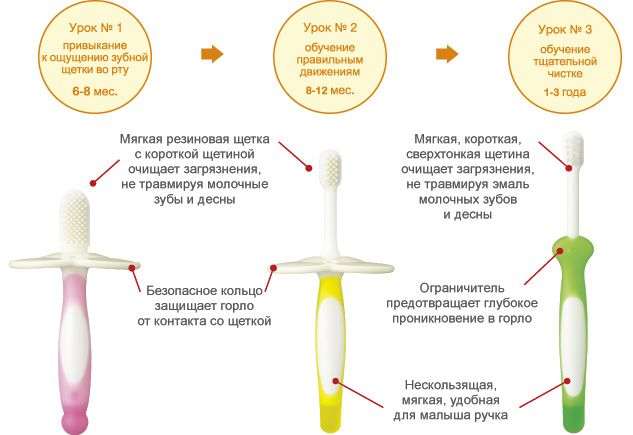
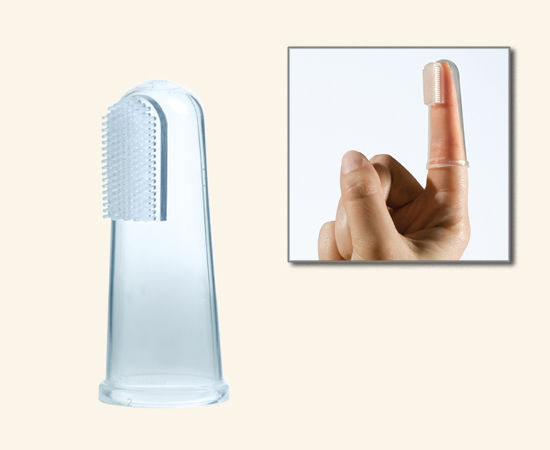
Together with the brush you need to use toothpaste. Toothpaste is also selected according to the age of the child:
- A gel-like toothpaste with a neutral or milky taste is suitable for children who have not yet received complementary foods. Such a paste does not contain abrasive substances, and a neutral or milky taste does not cause discomfort and rejection in the child;
- Fruit flavored toothpaste. Children who are already familiar with complementary foods relate well to “fruit” pasta: banana, raspberry, strawberry.
We also read:TOP 10 baby care products
How to clean teeth
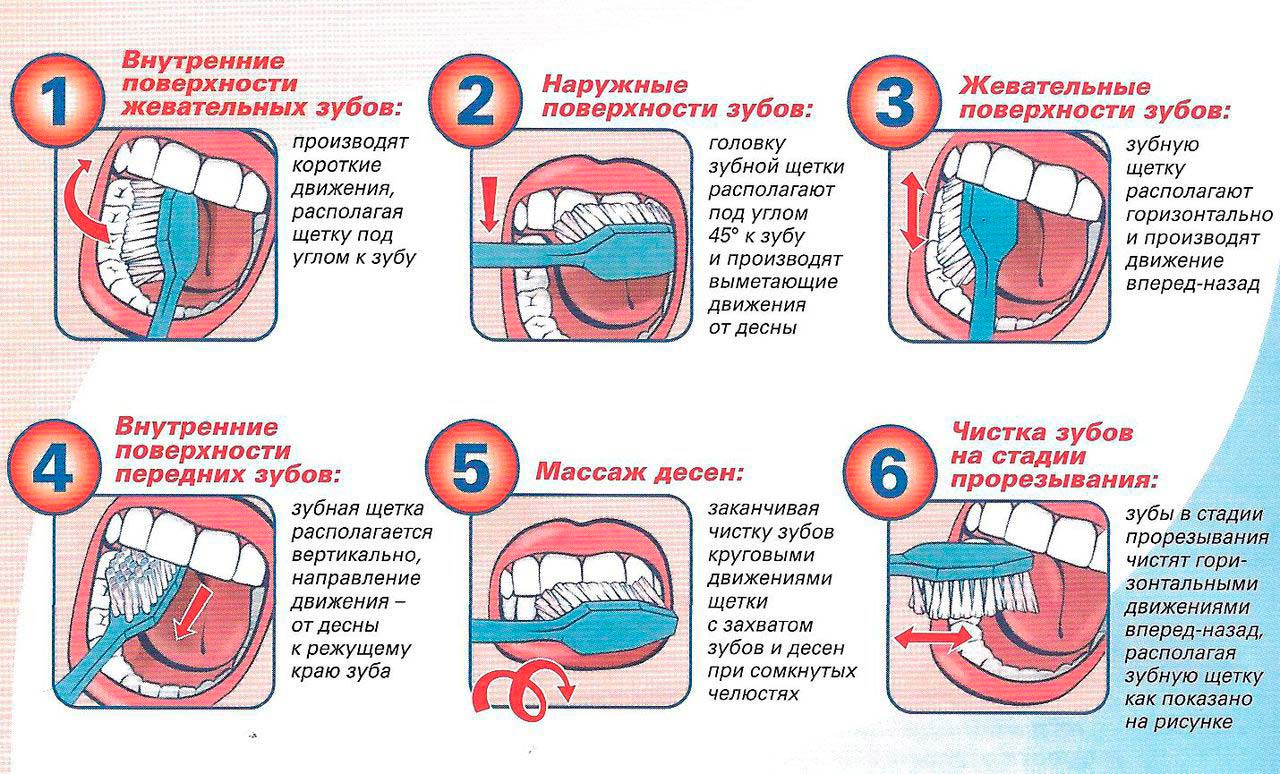
You need to brush your teeth 2 times a day: morning and evening. Each procedure in duration should be about 2-3 minutes, but you can start to clean from less time, so that the child gets used gradually.
It is very important not just to formally follow the procedure, but to clean the teeth correctly. The rules for brushing children's teeth are not much different from adults, but it will not be superfluous to recall them.
- The brush must be applied to the teeth at an angle of 45 degrees and make it "sweeping" movement from the gums to the cutting edge of the tooth.
- You need to brush your teeth both on the outside and on the inside.
- The chewing surface of the teeth must be brushed in circular translational movements.
- Do not forget the tongue: it must also be cleaned with the back of the brush (almost all brushes have a rough outer side just for these purposes).
How to teach a child to brush his own teeth: learning by playing
A child usually starts brushing his own teeth by the age of two, and the first attempts to hold the brush in his hands himself appear about a year. The best way to teach your kid to use a toothbrush is a personal example. Children tend to imitate adults, because this is the best way to learn new skills. That is why it is best to start with a joint trip to the bath in the mornings and evenings. Of course, the baby’s first attempts will be very far from perfect, but that’s why parents are needed nearby to guide the inept pen.
[sc: rsa]
Another good way is to put a mirror in front of the tiny one. Children are very fond of looking at their reflection. Seeing himself, it is easier for the child to control movements and more interesting to observe where he reaches with a brush.
For a useful lesson to be interesting, you can add game elements to it. Some games have especially proven themselves.
- The smallest ones will be interested in brushing their teeth to the beat of their favorite counters, songs or poems. Particularly talented mothers can even compose a poem themselves, in which the name of the child will sound;
- With older children, brushing your teeth can be turned into a secret task to protect the baby from the angry Cariosis;
- It’s very effective to bring the child’s favorite toys to the business and to go along with the teddy bear or doll to clean the teeth;
- To develop the skill of brushing your teeth, you can arrange family competitions who brush their teeth faster. Parents, of course, should give in and lose the contest.
We also read: 12 effective ways to teach a child to brush his teeth
Video: how to teach a child 10 11 months to brush his teeth and how to make the procedure like him:
If the baby refuses to brush his teeth
It’s rare when a child immediately brushes the teeth off with a bang! A child can resist a toothbrush because it perceives it as a foreign object (if we are talking about early dental care), or because brushing causes or once caused him discomfort (for example, during active teething). In any case, parents should not give up.
- Even if the baby refuses, continue trying to involve him in a hygienic procedure, but do not insist strongly. It’s enough just every day to invite the child to brush his teeth;
- Try different means: brushes, fingertips, different pastes. Perhaps the reason lies precisely in the rejection of any particular means;
- Turn your dental care into a game. Toys, poems, songs set up the baby in the right way.
A real video of a baby brushing her teeth at 1 year 9 months (watch everyone. Pay attention to the reaction of the baby 🙂):
When baby teeth change
Change of milk teeth begins at the age of 5-7 years. When permanent teeth begin to form, the roots of the milk begin to dissolve. At the same time, the teeth become loose and gradually fall out. Milk teeth fall out in the same order as they erupt. To speed up the process of loss of milk teeth, you can give your child a bite of fresh vegetables and fruits - this increases the chewing load.
Change of teeth is a long process. It can stretch for 7-9 years. Finally, all permanent teeth erupt by the age of 14-16, and "wisdom teeth" can appear only in 20-25 years.
Some useful tips
- So that the toothbrush itself does not become a breeding ground for infection, it needs to be treated every week, rinsing well with hot water. You need to change the brush every 2-3 months, and if the child is sick, it is better to replace the brush to prevent re-infection.
- Children's toothpaste should not contain fluoride. Since the children still do not know how to rinse their mouths, they swallow the pasta. Fluorine, entering the body through the digestive tract, has the property of accumulating in the body, and this element is very toxic.
- Visit your dentist regularly, even if your child is not worried. A routine inspection allows you to identify problems in the very initial stage and eliminate them in time.
School of Health
Topic: How to teach a child to brush his teeth?
Proper care for baby teeth is a guarantee of healthy permanent teeth, so you need to pay attention to this issue literally from the cradle. The health of the child is very dependent on the parents, and in their power not only to keep the teeth healthy, but also to instill in the child a good habit: carefully monitor the teeth and observe oral hygiene.
We also read:
Good doctor Dentist cartoon children about teeth
Lessons from Ping and Kroki: how to teach a child to brush his teeth:
Learning Together - Why Brush Your Teeth - Hello Kitty Cartoon:

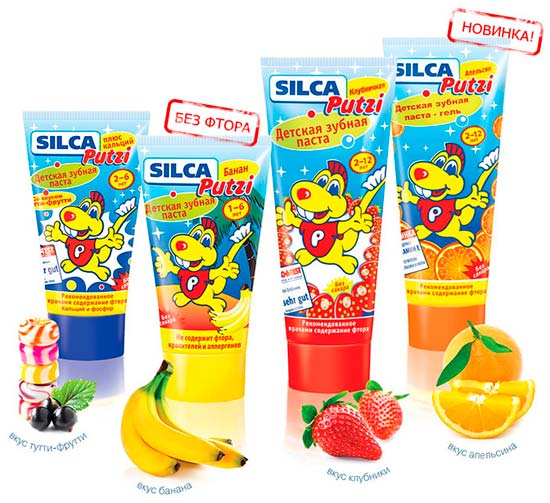
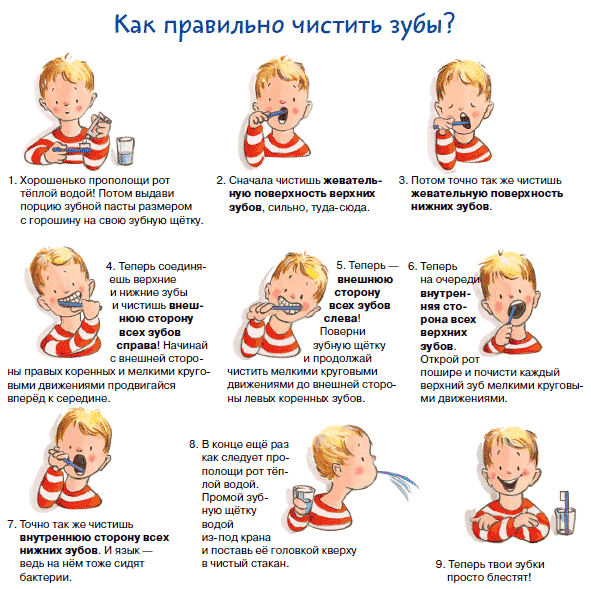

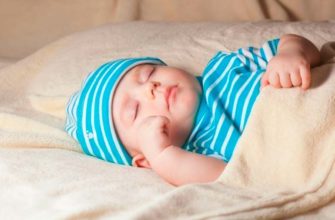
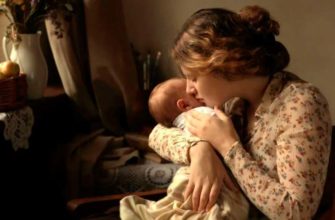
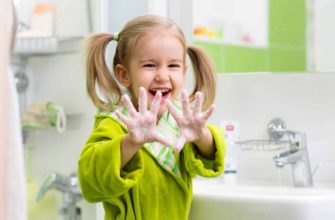
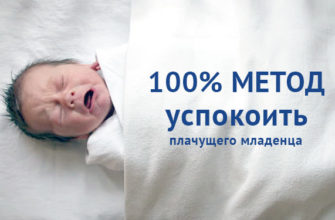
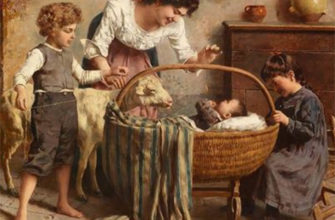
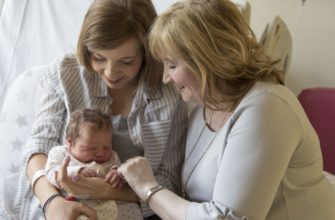
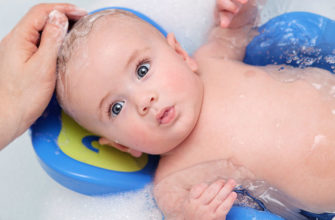
We began to accustom when the son himself could hold the brush, lured with aromatic toothpaste, at first gave him the opportunity to try himself to get used to it, then, gradually, they took it and cleaned it themselves. Only for us a small problem was to teach him not to eat pasta.
Teeth need to be cleaned and required. A beautiful children's toothbrush is bought, a paste that is not scary to swallow - and go. A child, he is trying to repeat everything for adults, and here it is only in the hands of parents. After cleaning, I applied R.O.C.S. He also very carefully whitens his teeth, I recommend.
I believe that it is necessary to teach a child to brush his teeth from the year he is already at a conscious age, and there will already be teeth by that time. Otherwise, it will be difficult later.
we began to brush our teeth in 1.5 years. I think this age is optimal, because my child himself brushed his teeth and at the same time it became the norm for him to walk in the morning and evening.
My baby is only 3 months old and of course we have nothing to clean. But as soon as we have teeth, we will clean them. I don’t want later that we had problems with teeth. Yes, and a habit must be developed.